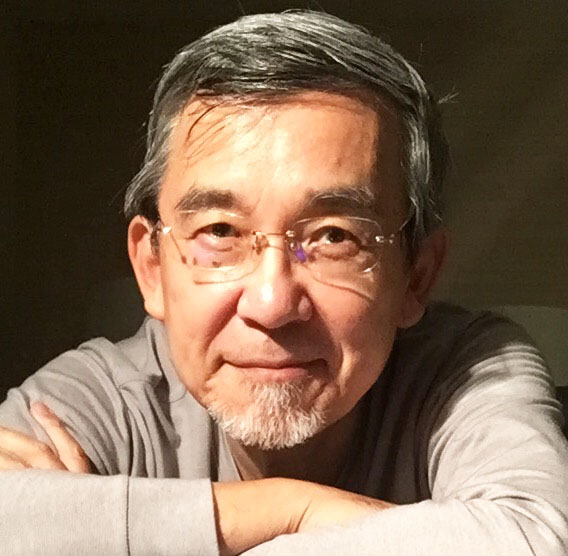.png) Do investigations into research misconduct allegations need better standards? The Association for the Promotion of Research Integrity (APRIN) in Japan, a group of volunteers who “commit themselves to the promotion of research of high integrity” and provide “e-learning material for research ethics education,” thinks so. Today, we present a guest post by Iekuni Ichikawa, who chaired an APRIN committee that recently came up with a new checklist for such investigations, about the effort.
Do investigations into research misconduct allegations need better standards? The Association for the Promotion of Research Integrity (APRIN) in Japan, a group of volunteers who “commit themselves to the promotion of research of high integrity” and provide “e-learning material for research ethics education,” thinks so. Today, we present a guest post by Iekuni Ichikawa, who chaired an APRIN committee that recently came up with a new checklist for such investigations, about the effort.
The procedures currently employed by various institutions in Japan are highly variable; hence there is a risk that complainants or respondents might be treated unfairly and that the public might not be informed of the facts of the matters. We organized the Research Misconduct Investigation Standardization Committee of APRIN in July 2017 to propose standardized procedures for handling investigations of alleged research misconduct. Here, we present the “Checklist for Investigating Allegations of Research Misconduct,” the fruits of our discussions. Continue reading How to investigate allegations of research misconduct: A checklist
